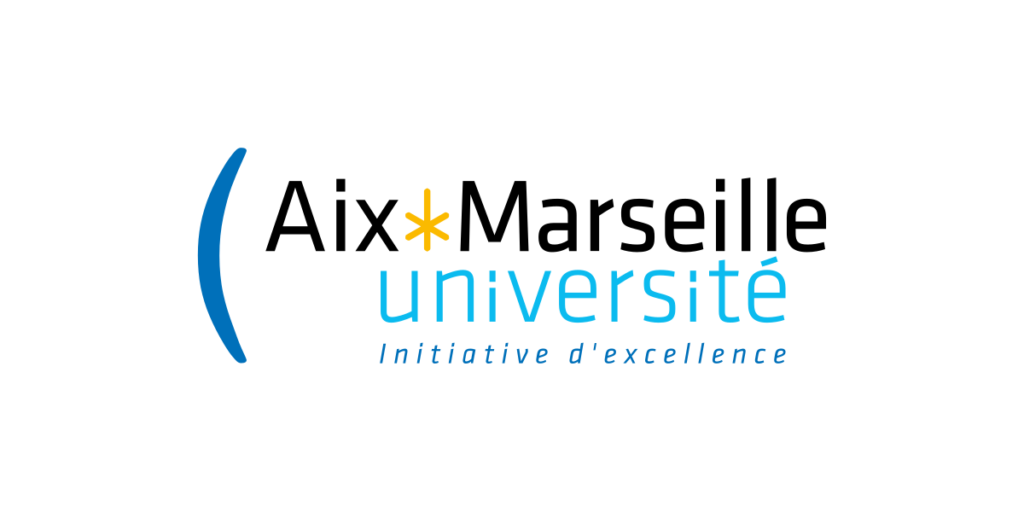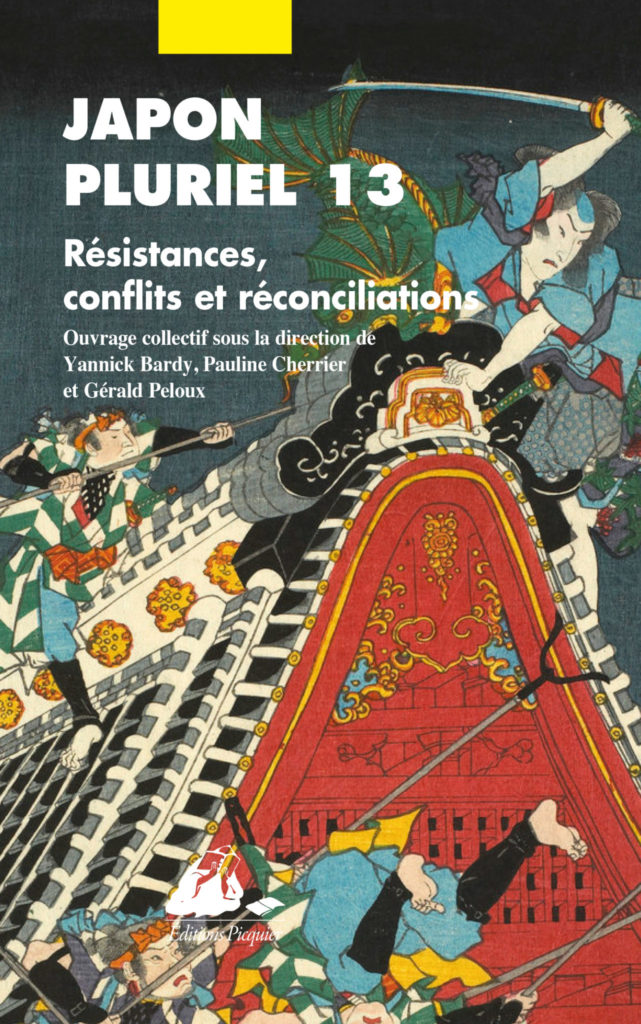Conférence
An Invitation into the World of Eison’s Autobiography: Reading the Kongō busshi Eison kanjin gakushōki with Professor Kenji Matsuo (Yamagata University)
This is Matsuo Kenji, Professor Emeritus of Yamagata University. I was recently asked by some scholars in the United States to lead a reading group focused on primary sources concerning premodern Japanese religions. Seeing that this would be a fruitful endeavor, I have decided to offer a few sessions that will focus on the Kongō busshi Eison kanjin gakushōki 金剛仏子叡尊感身学正記 (hereafter, Gakushōki). Gakushōki is the auto-biography of Eison叡尊 (1201-90), based at Saidaiji in Nara, and includes records regarding his activities from the year 1201 and covering 85 years of his life. Although research on the religious group that Eison founded has largely been neglected, it was a group that had a membership of over 100,000 people, making it one of the largest religious groups in medieval Japan. Due to its vast size, there are many texts and objects associated with this group that are left for us to study today. One could say that Eison’s group holds the key to reveal various aspects of medieval Japanese history, including politics, arts, and literature. For our first reading group session, I will explain the significance of reading Gakushōki and provide my own understanding of what makes Eison’s group such a captivating object of study. Please do feel free to join us for the event.
When: 10 am, February 12, 2022 (Japan Standard Time)
Format: Zoom meeting
Registration link: https://forms.gle/g21AR4aeALGhC25q8
Zoom link will be shared with everyone who registered on February 11 (JST).
Poster : http://sfej.asso.fr/wp-content/uploads/2022/02/February_Matsuo-sensei_FINAL_small-scaled.jpg
Colloque
International workshop, Saichō and Kenkairon
In commemoration of the 1200th anniversary of Denkyō Daishi Saichō’s death, there have been a number of new publications in recent months on Saichō and his writings. This international workshop will revolve around a discussion on the significance of these new publications, with a specific emphasis on Saichō’s Kenkairon, a text known for its abundant citation of various Mahāyāna scriptures.
When: 2/19, 9 am-noon (JST)
Format: Zoom meeting
Registration: https://forms.gle/3r963WRzpAmuxbiZ8
Contact: junfujii@komazawa-u.ac.jp (Fujii Jun, Komazawa University)
Program
9:00-9:10 Opening Remarks
9:10-9:40 Keynote Presentation
Kujirai Kiyotaka (Curator, Otsu City Museum of History)
“Concerning the Enshrinement of the Denkyō Daishi (Saichō) Image at Enryakuji on Mt. Hiei: With Reference to the Cases of Ennin and Enchin”
9:40-12:00 Panel Discussion and Q&A
Panelists:
Aaron Proffitt (Assistant Professor, University at Albany, SUNY)
Paul Groner (Professor Emeritus, University of Virginia)
Maegawa Ken’ichi (Professor, Soka University)
Moro Shigeki (Professor, Hanazono University)
Moderator:
Murakami Akiya(Instructor, Komazawa University)
Workshop Language
The primary language of this workshop is Japanese. We will circulate the English translation of the abstract for the keynote presentation. For participants who wish to contribute comments in English during the Q&A session, the steering committee members will be assisting with impromptu interpretation.
Premodern Japanese Religion Workshop Steering Committee:
Matsuo Kenji (Yamagata University), Fujii Jun (Komazawa University), Asuka Sango (Carleton College), Eric Haruki Swanson (Loyola Marymount University), Akiko Walley (University of Oregon).
Poster : http://sfej.asso.fr/wp-content/uploads/2022/02/ENG_PJRW_Feb-19_Saicho_Final_small.jpg










